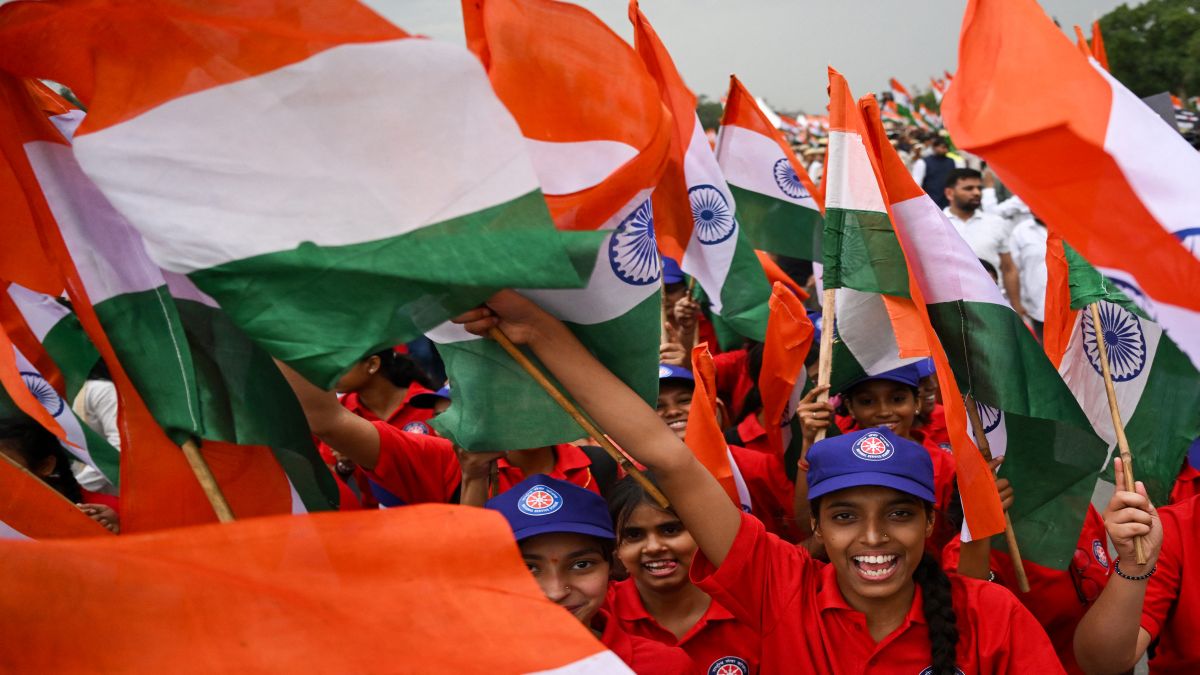

In a groundbreaking move, the Chhattisgarh State Waqf Board has mandated the hoisting of the national flag at all mosques, madrasas, and dargahs across the state on Independence Day. This directive, issued on Monday by Waqf Board Chairman Dr. Salim Raj, requires 'mutawallis' (caretakers of Waqf properties) to ensure the Tricolour is unfurled in the presence of imams and mosque committee members on August 15.
Dr. Salim Raj emphasized that the national flag is "a symbol of honour and pride" and is not linked to any religion. He further clarified that Independence Day is a national festival, not a religious one. The directive was prompted by objections raised in some circles regarding flag hoisting at religious sites. Dr. Raj stated that the initiative aims to dispel suspicion towards the Muslim community due to the actions of a few fundamentalists.
To ensure compliance, the Waqf Board has instructed mosque committees to submit photographs or video recordings of the flag-hoisting ceremonies via a dedicated online portal or WhatsApp group within half an hour of the event. The move is intended to promote patriotism and communal harmony, especially in light of recent incidents that have negatively impacted the Muslim community's public image.
The directive has sparked political debate. Deepak Baij, president of the Chhattisgarh Pradesh Congress Committee, criticized the move, alleging that the BJP is exploiting the flag-hoisting issue for political gain. Baij argued that the BJP is attempting to polarize sentiments by turning a routine patriotic act into a spectacle, suggesting that the Muslim community has always celebrated Independence Day with pride, making the directive unnecessary and potentially divisive.
While some Muslim scholars have welcomed the move as a reaffirmation of national unity, others have questioned the need to formalize a practice that is already widely observed. Dr. Raj addressed concerns that some Islamic institutions do not traditionally hold flag-hoisting ceremonies, emphasizing that respect for the tricolor transcends religion and should not be opposed. He added that those who do not love the tricolor and the country do not have the right to live on the land of Bharat Mata.
The Waqf Board chairman also highlighted the recent terrorist attack on tourists in Pahalgam, where terrorists inquired about the victims' religion before killing them, leading to increased suspicion towards Muslims. He believes that this initiative is crucial to change the narrative and express love for the nation.
Dr. Raj mentioned that he personally spoke with several mutawallis before issuing the directive. While some initially resisted, they were told that they are free to hoist an Islamic flag but should not resist hoisting the Tiranga, as they live on the land of Bharat. He emphasized the importance of loving the country, working for its betterment, and following the path shown by Islam.
The directive applies to all Waqf-registered mosques, madrasas, imambadas, and dargahs across the state. The Waqf Board hopes that this initiative will foster a sense of national pride and unity within the community, while also promoting a positive image of Indian Muslims. Chhattisgarh is reportedly the first state in the country to issue a formal directive making it mandatory for religious places to hoist the national flag on Independence Day.